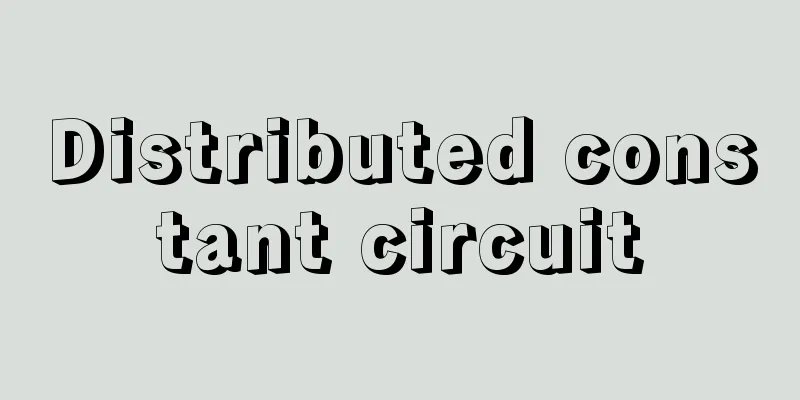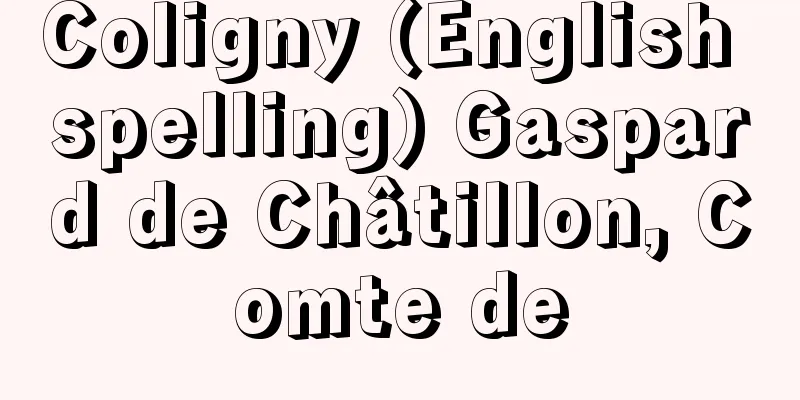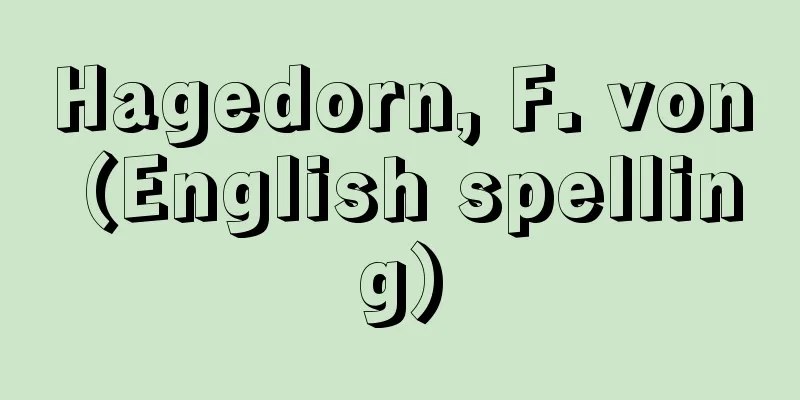Laws and Regulations
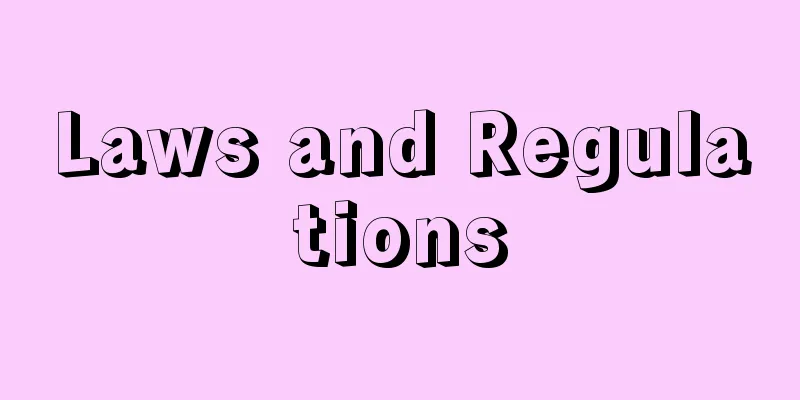
|
〘 noun 〙① rules. rules. regulations. decrees. laws. ※Shoku Nihongi - Wadou 2 (709) October Heishin " No peasants should be arrogant and violate laws " ※Taiheiki (late 14th century) 2 "The law stipulates that repeat offenses should not be forgiven" [Sengoku Taku - Qin Taku 1]② Especially the law of the nobility. The law of the Imperial Court. A word that contrasts with the law of the samurai class, such as Shikimoku, Okimoku, and Jo. ※Chuu-u-ki - January 27, 1097 (Shotoku 1) "The study of Wa and Han, <abbreviated> Laws and regulations are the ultimate source of power, and are sincerely important retainers of the Imperial family."③ Laws and orders. It can also refer to ordinances, regulations, and various other legal forms. ※Civil Code (1896) Article 2 "Foreigners shall enjoy private rights except when prohibited by law or treaty."④ A written law. A word for unwritten laws. ※Sandaikaku-I, Korinkakushiki Preface (820) "In ancient times, the nature of the world was such that laws were not enacted , and no action was taken to govern." ※Criminal Law (1907), Article 8 "The general provisions of this law are those that are prescribed in other laws." ⑤ A term used by physiognomists, it refers to the lines that run downward from both sides of the nostrils. ※Gojuto (1891-92)〈Koda Rohan〉6 "The deep and long wrinkles of the law (hafurei) on the wrinkled face" [Shinsozenpen-Volume 1, Songs about the parts of the body that indicate the yearly fortune] Source: The Selected Edition of the Japanese Language Dictionary About the Selected Edition of the Japanese Language Dictionary Information |
|
〘名〙① おきて。のり。きまり。定め。法度。※続日本紀‐和銅二年(709)一〇月丙申「非三独百姓違二慢法令一」※太平記(14C後)二「再犯赦さざるは法令の定る所なれば」 〔戦国策‐秦策・一〕② 特に、公家の法。朝廷の法。武家の法である式目、置目、条々などに対する語。※中右記‐承徳元年(1097)正月二七日「兼倭漢之学、〈略〉法令之事、能極源底、誠是朝家之重臣也」③ 法律と命令。このほか条例、規則その他各種の法形式を含めていう場合もある。※民法(明治二九年)(1896)二条「外国人は法令又は条約に禁止ある場合を除く外私権を享有す」④ 成文法のこと。不文法などに対する語。※三代格‐一・弘仁格式序(820)「古者世質時素、法令未レ彰、無為而治」※刑法(明治四〇年)(1907)八条「本法の総則は他の法令に於て刑を定めたるものに」⑤ 相術家の用語で、小鼻の両脇から下の方に向かって出る筋をいう。※五重塔(1891‐92)〈幸田露伴〉六「せ皺びたる顔に深く長く痕いたる法令(ハフレイ)の皺溝を」 〔神相全篇‐巻一・流年運気部位歌〕
出典 精選版 日本国語大辞典精選版 日本国語大辞典について 情報 |
Recommend
On the Idea of Comedy
...The genres proposed by Diderot were "seri...
Novak, V.
...Also noteworthy are the works of Šenoa, who re...
Lemuriformes
…Also called limers. All the prosimians living on...
Ansei earthquake
During the Ansei era (1854-1860), there were about...
Veracini, Francesco Maria
Born: February 1, 1690, Florence [Died] c. 1750. I...
Chlorination IIR - Ensoc IIR
…Halogenated butyl rubbers, which contain small a...
Adephaga
…Both adults and larvae are terrestrial, and the ...
Umewaka Minoru (first generation)
...The number of traditional Kanze plays up until...
Support - Shiho
This refers to a structure that supports the ceil...
Kudzu Pine Grove - Kudzu no Matsubara
A book on haiku poetry from the early Edo period. ...
Allergic contact dermatitis
...Therefore, it is easy to understand why housew...
Goshi - Goshi
Samurai who lived in rural areas during the Edo p...
Samuil (English spelling)
?-1014 Emperor of the First Bulgarian Empire. Reig...
I graduated from college, but
A Japanese film released in 1929. Directed by Yasu...
Agathis alba (English spelling) Agathisalba
… [Mitsuru Hotta]... *Some of the terminology tha...
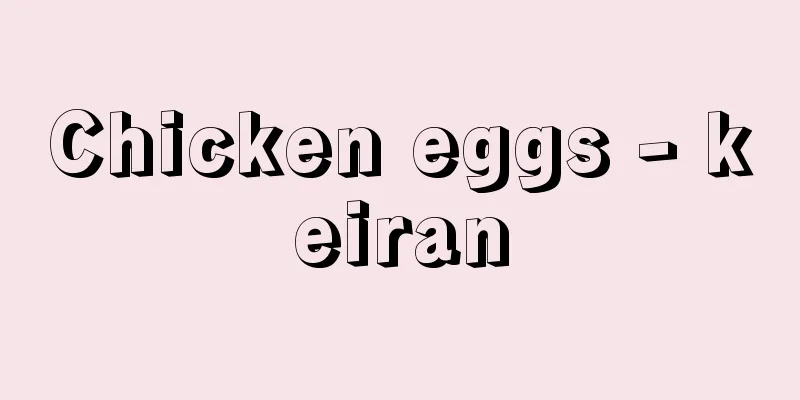
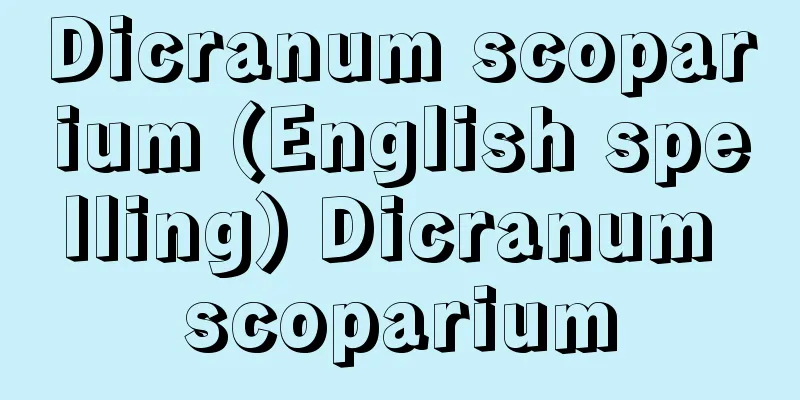


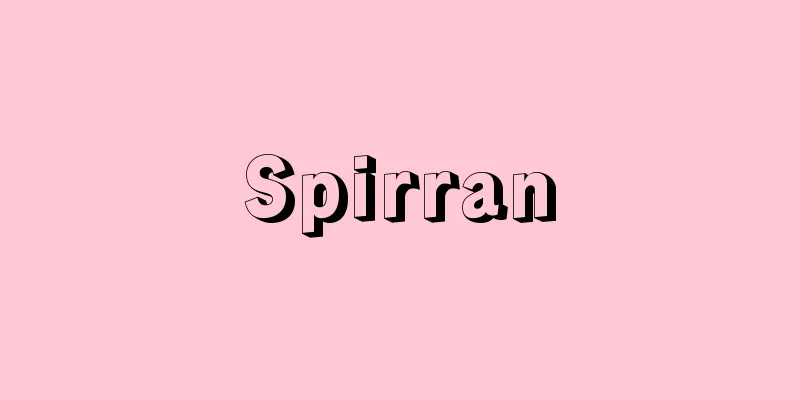
![Indiana [State] - Indiana](/upload/images/67caf6c36fc57.webp)
